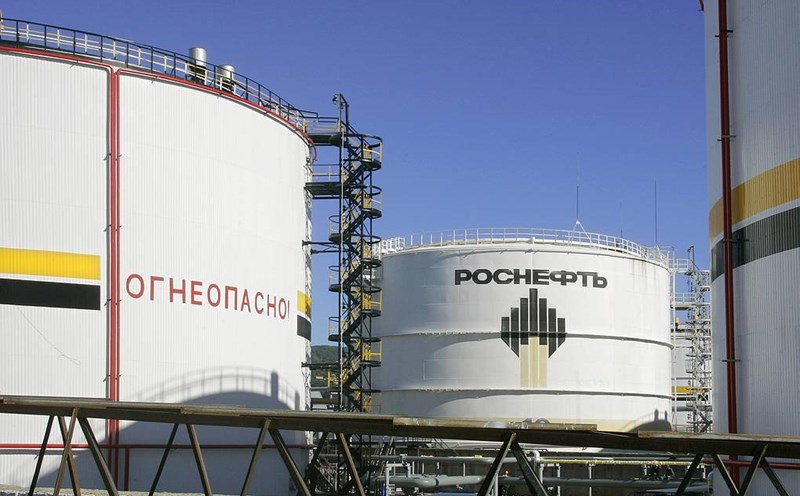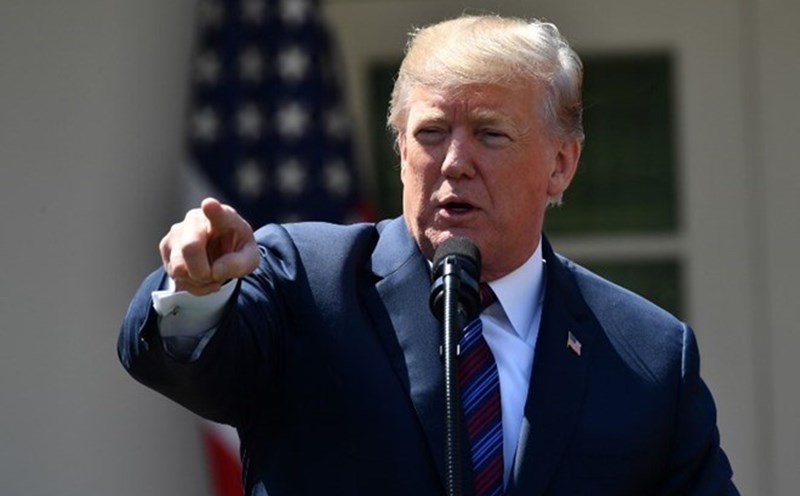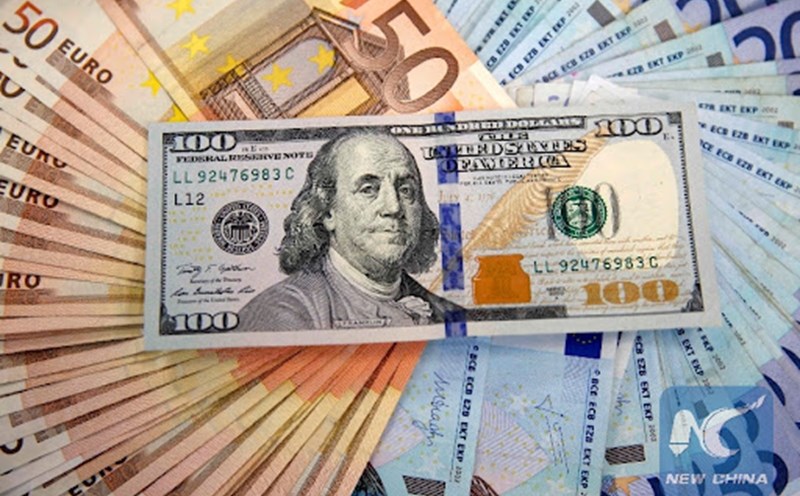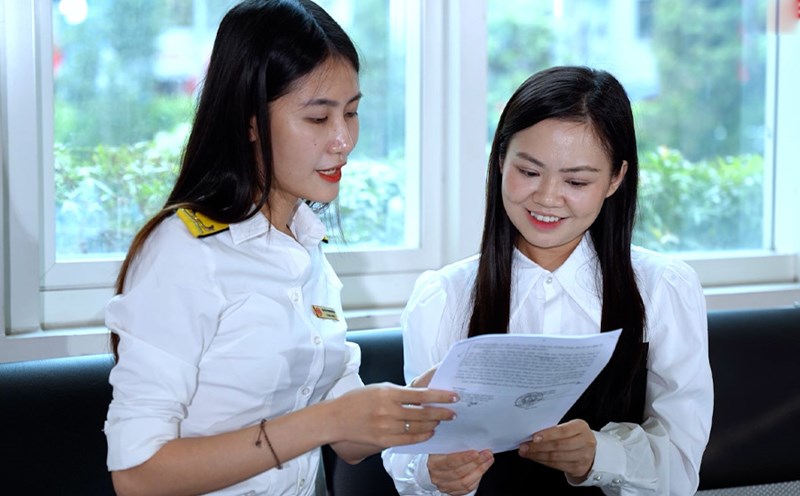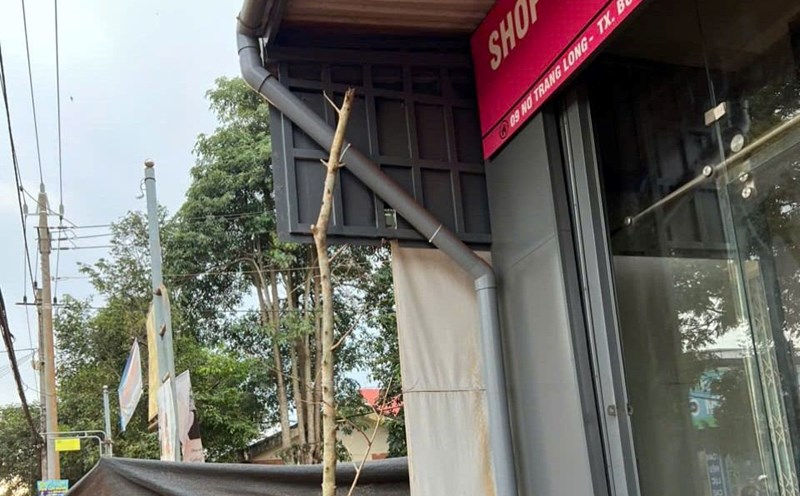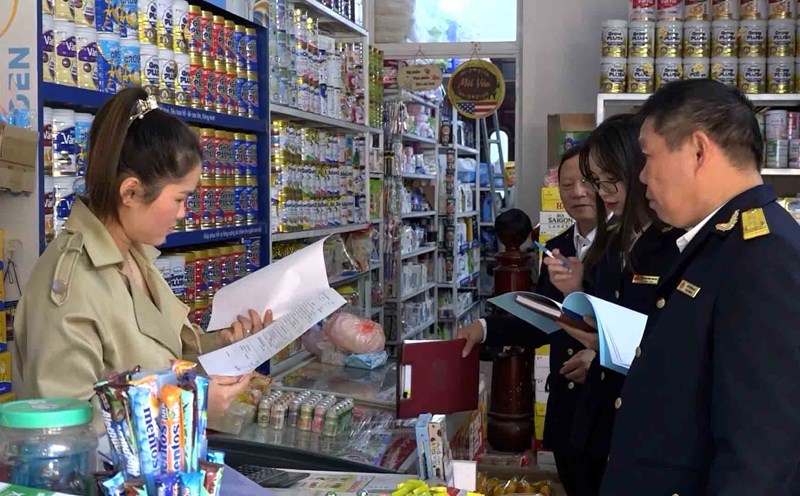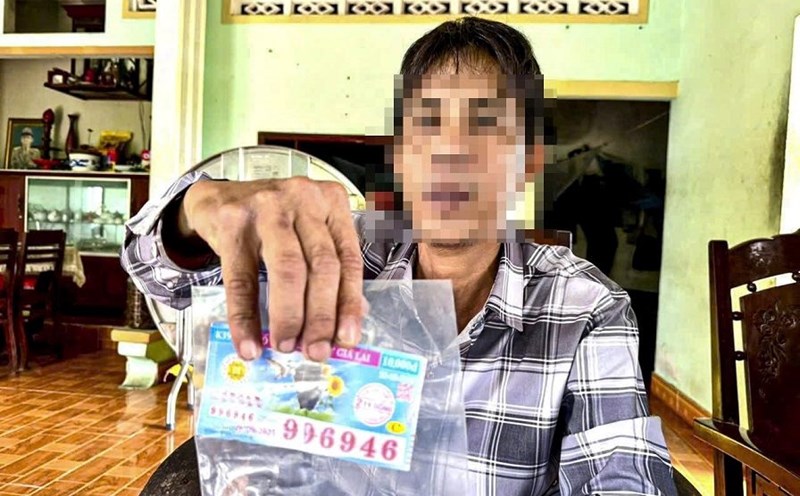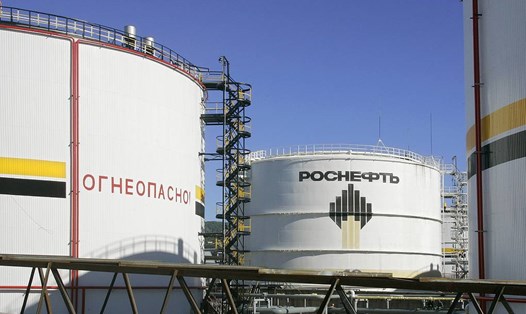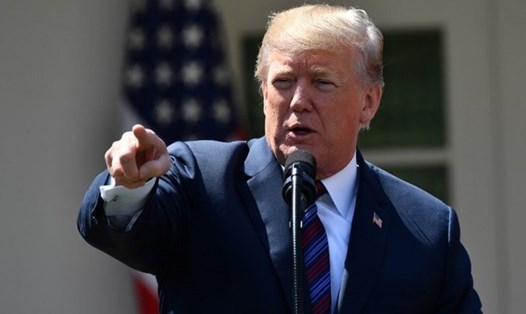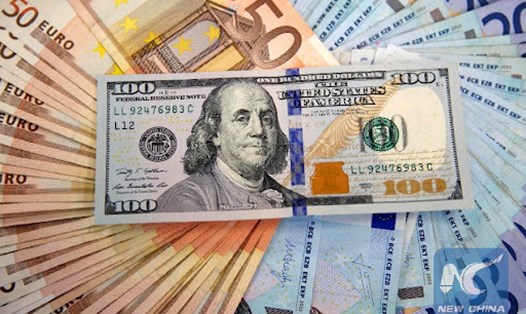On October 23, the leaders of the European Union (EU) held a summit in Brussels with the participation of Ukrainian President Volodymyr Zelensky.
Mr Zelensky's presence is seen as an important symbol, given the conference's main goal of showing strong and long-term support for Kiev, especially after unpredictable policy signals from its most important ally, the US, last week.
At the conference, leaders are expected to reaffirm their support for Ukraine's territorial integrity. More importantly, they are expected to agree to promote a controversial proposal: Using profits from frozen Russian assets to secure a huge loan worth 140 billion euros (about 163 billion USD) for Kiev.
President Zelensky also received another encouragement in the form of the 19th package of EU sanctions against Russia.
The move to show EU solidarity comes after a volatile week. The announcement and postponement of a meeting with Russian President Vladimir Putin by US President Donald Trump, along with a seemingly " reconnected" meeting with President Zelensky, has raised concerns about Washington's commitments.
In response to unpredictable signals, European leaders want to send a clear message that Ukraine can still rely on their support.
The proposal to use Russian assets is the clearest sign of this commitment. The EU is planning to use the profits from frozen Russian Central Bank securities to provide Kiev with a "compensation loan" of about 163 billion USD. This amount is expected to be enough to cover most of Ukraine's financial needs in the next two years, 2026 and 2027.
However, the plan still faces many barriers. The leaders will have to address concerns about legal and financial risks, especially from Belgium - which holds the majority of Russia's assets through its depository company Euroclear. In addition, member countries are also arguing about the conditions for using the loan: Whether it is only for purchasing European weapons or could be more flexible for budget support and purchasing weapons from other sources.
The leaders are expected to assign the European Commission to make an official legal proposal to kick off the process. For its part, Russia has called the idea illegal and warned of retaliatory action.
The 19th package of EU sanctions, including a ban on imports of Russian liquefied natural gas (LNG) from 2027, was also adopted at the conference.

